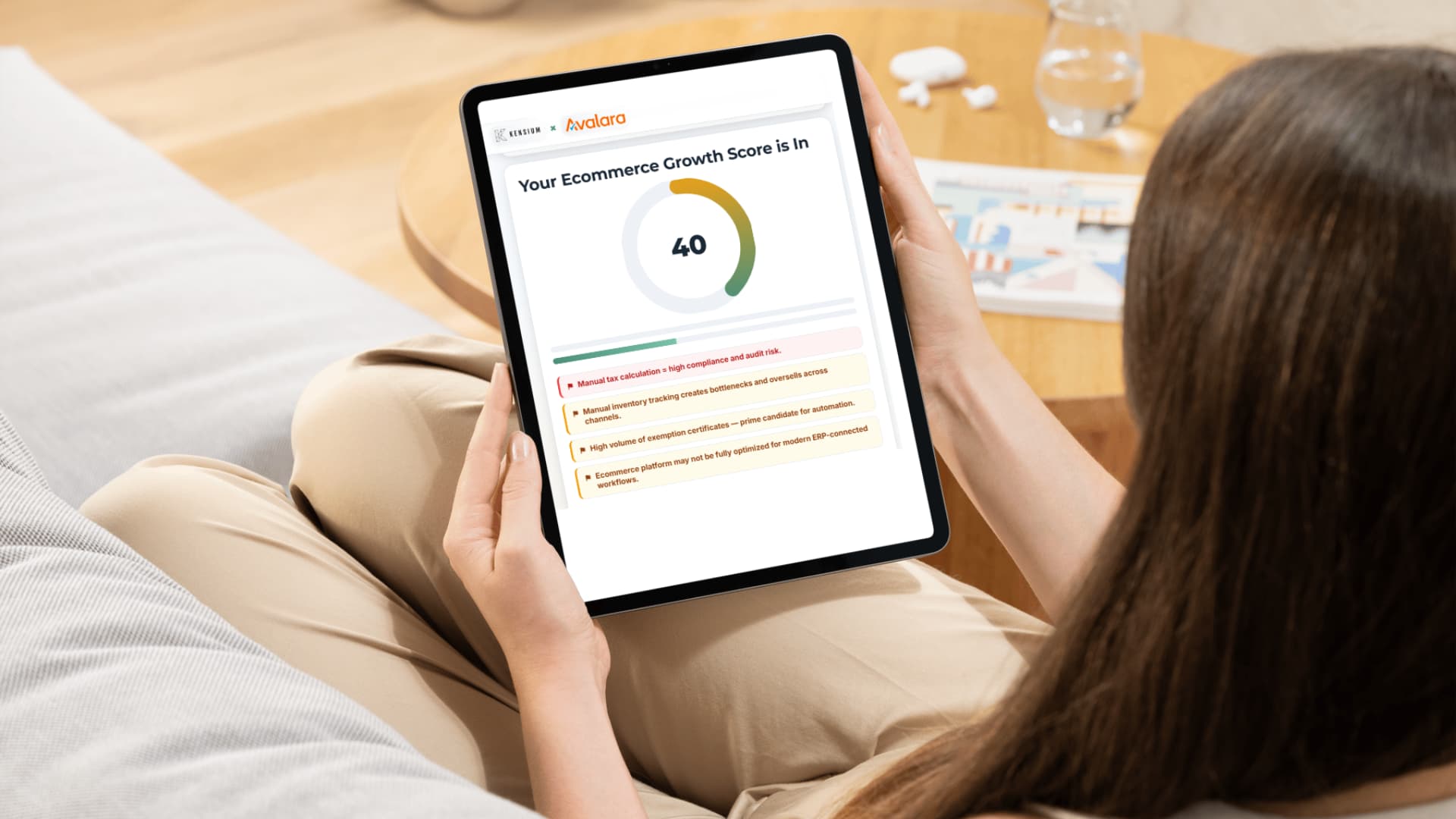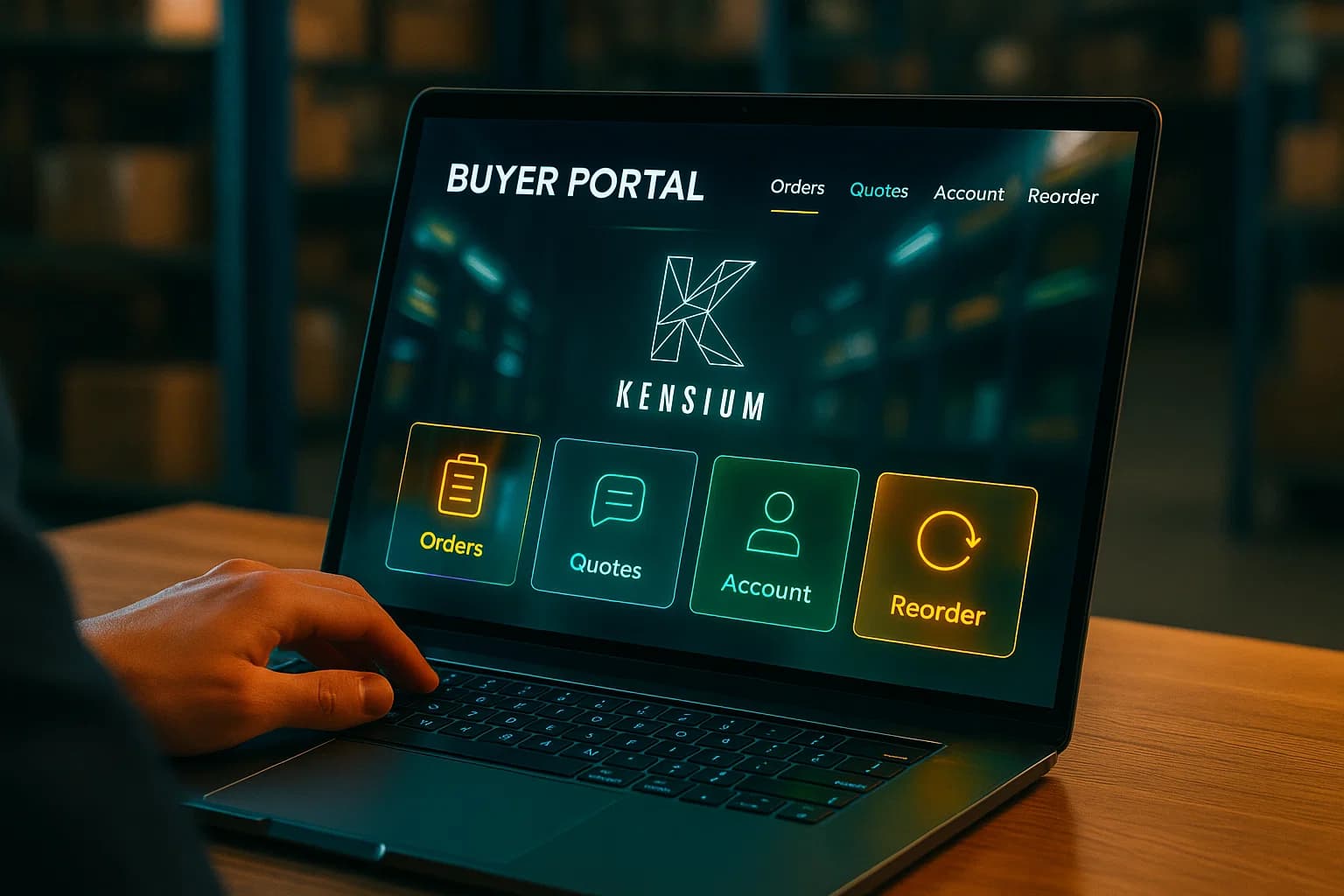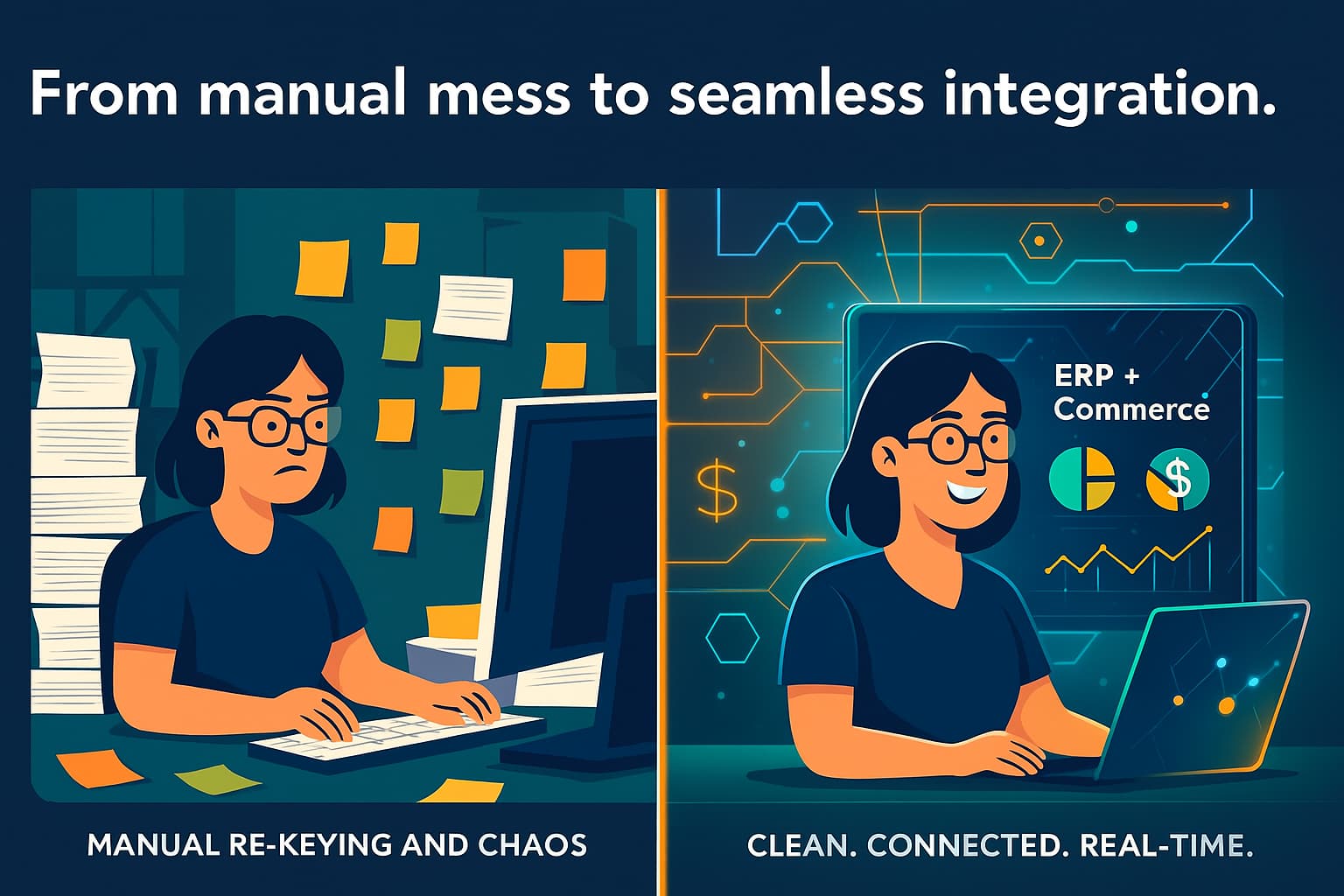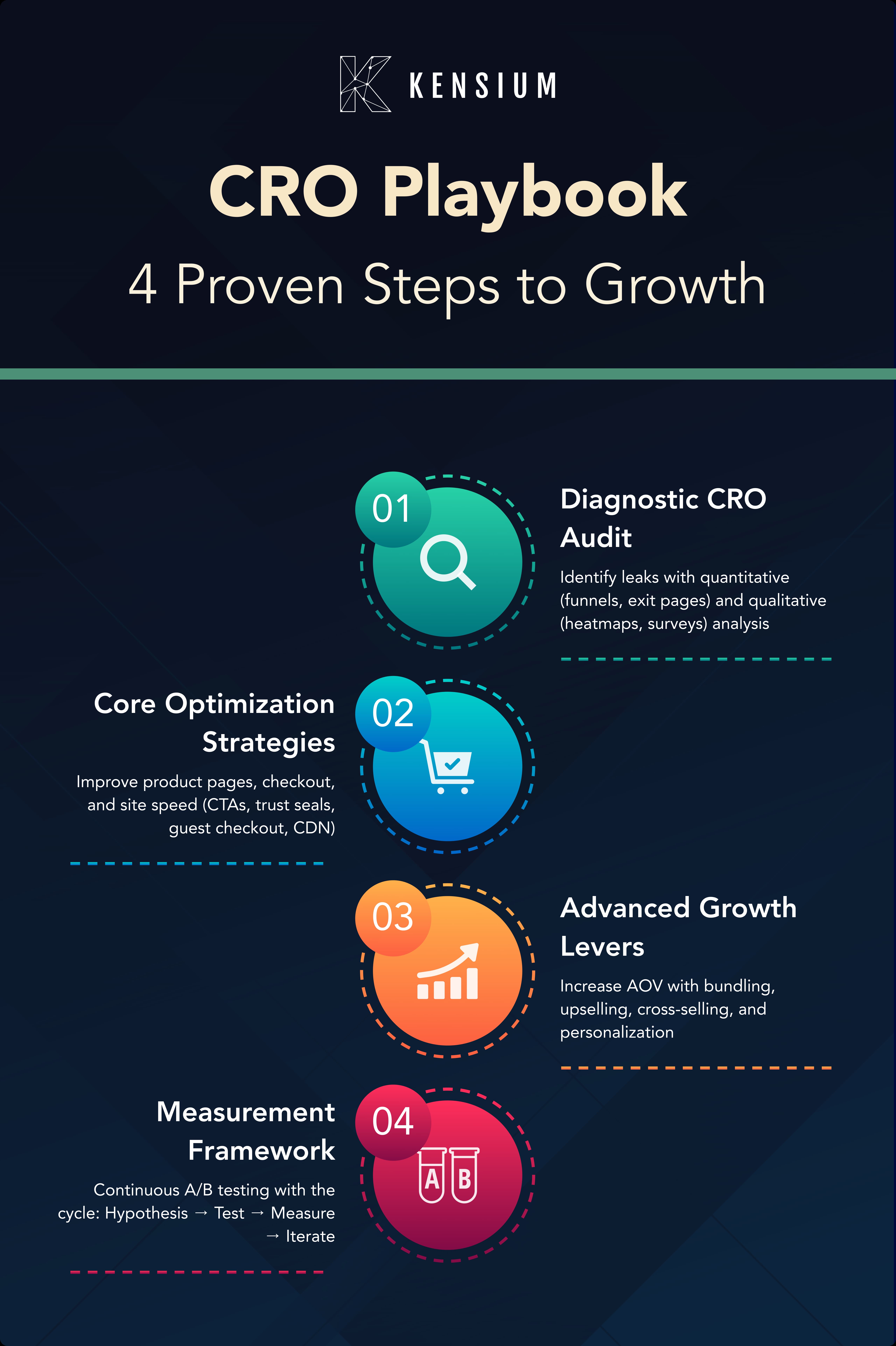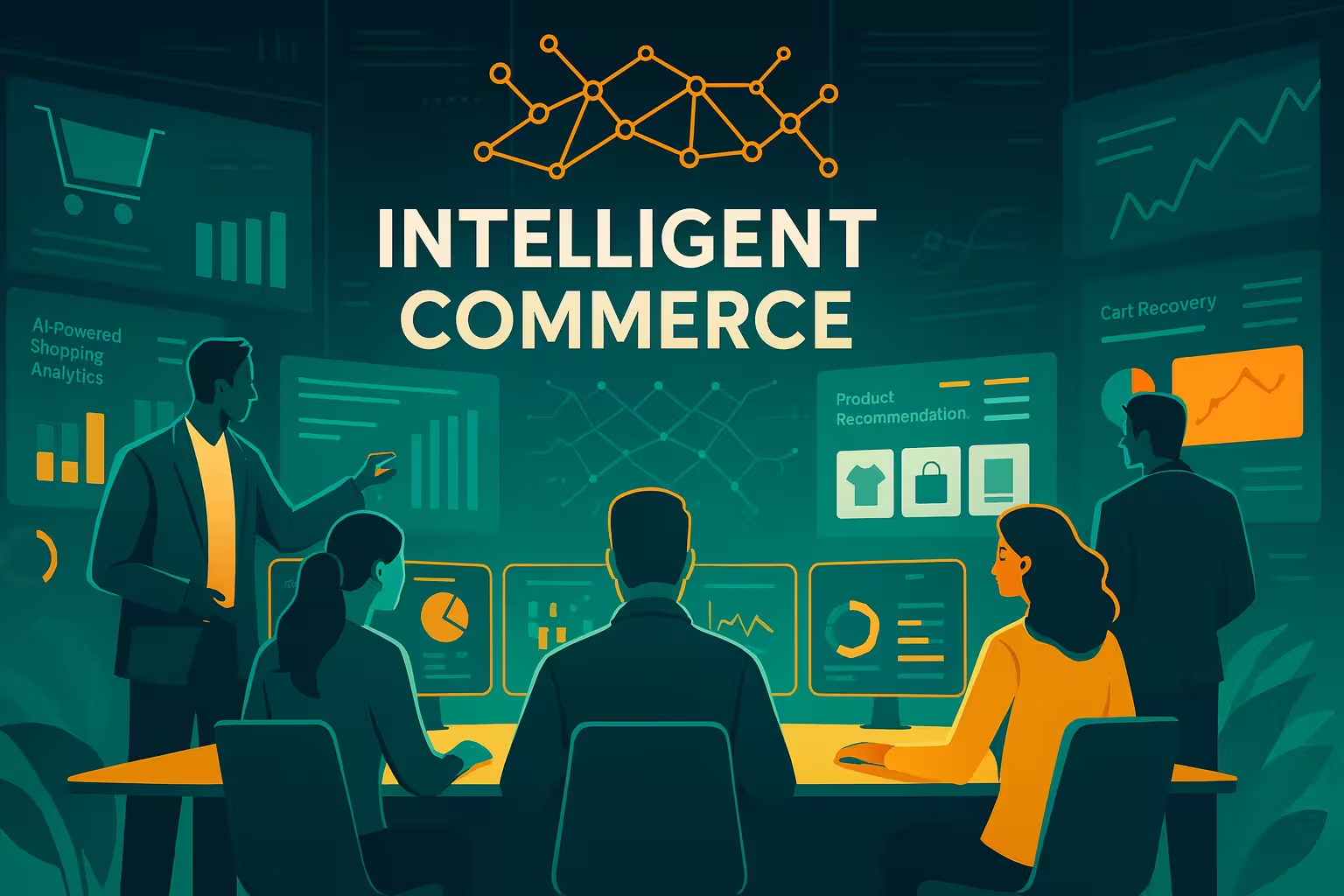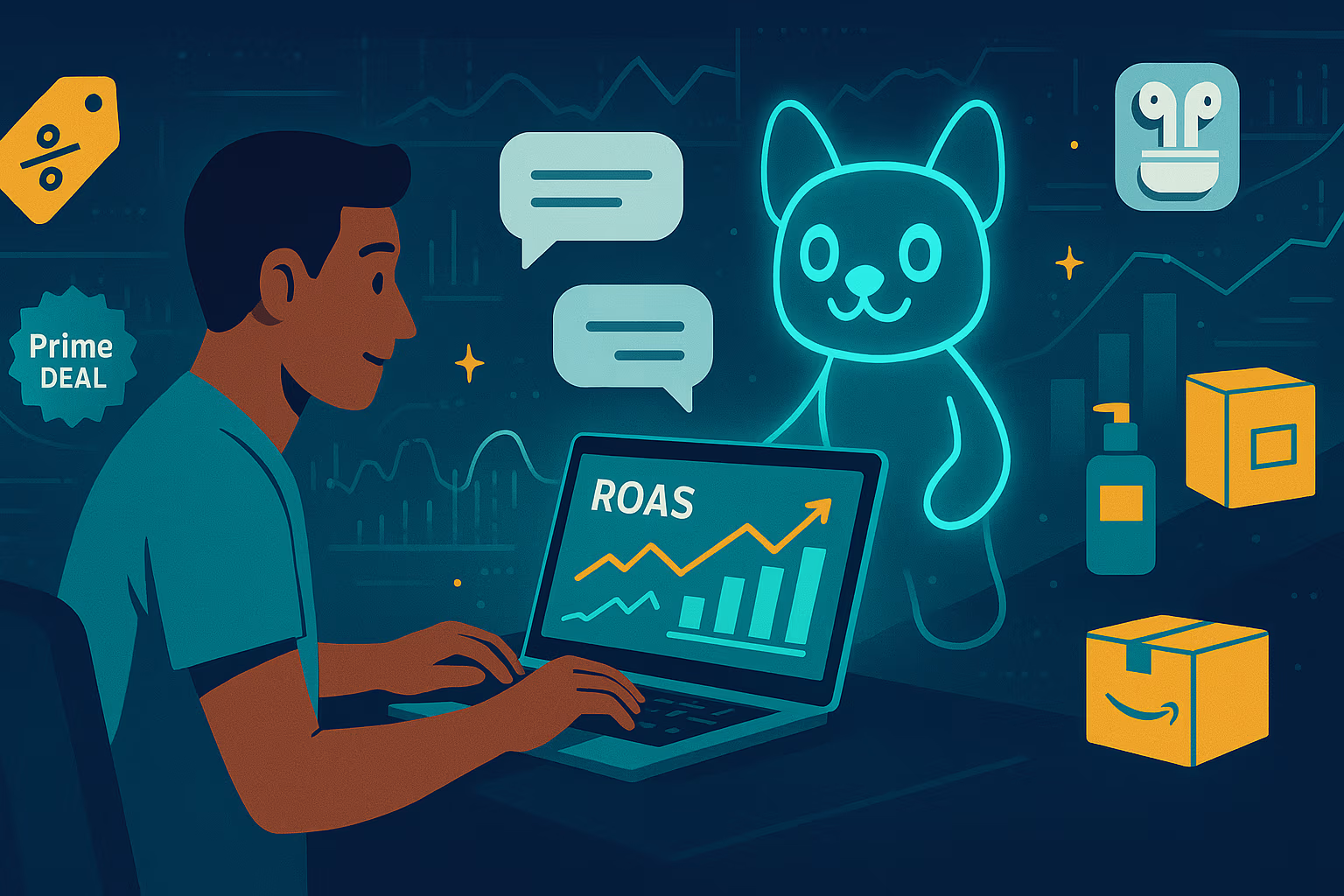
Abdul Hafeez is a Senior Magento Solutions Architect here at Kensium and recently completed a breakout presentation at the all-virtual Adobe Summit 2020. With over 20+ years in software architecture and 8+ years in Magento development, Abdul spoke authoritatively on the best practices of integrating Magento with external systems.
Abdul detailed the advantages and hurdles for both small-and-large-scale integrations. Small-scale integrations are based on smaller data exchanges between the systems, such as integrating Magento with common payment gateways including PayPal, Apple Pay, and so on. Large-scale integrations are based on larger data exchanges between the systems such as Magento integrations with ERPs, CRMs, and other back-office systems. Abdul demonstrated how the Magento framework can integrate with ERPs to handle bulk data sync between the two systems.
DEMONSTRATING THE VALUE OF KENSIUM'S ACUMATICA-MAGENTO CONNECTOR
Abdul showcased Kensium’s Acumatica-Magento Connector (A/M Connector), Kensium’s own proprietary software that integrates Magento with Acumatica Cloud ERP. The A/M Connector leverages real-time and bidirectional synchronization of data to provide an end-to-end solution that moves the same data throughout the entire buying and fulfillment process. When information is entered into one platform (Magento or Acumatica ERP), the two-way secured sync automatically populates fields in both systems, eliminating the need for duplicate entries.
Next, Abdul delved into the A/M Connector’s real-time queue messaging dataflow functionality and how it is supported by RabbitMQ. RabbitMQ is a popular messaging broker that provides reliable and flexible routing of messaging. The role of a message broker is to act as a virtual “middleman” for messaging between various web applications. They can be used to reduce loads and delivery times by web application servers for tasks that normally take a long time to process.
The RabbitMQ-enhanced A/M Connector provides applications with a common platform to send and receive messages. Messages are stored in a secure repository until they are received or consumed. RabbitMQ does this by decoupling the applications so that data is sent and received in separate processes. Abdul pointed out that this feature maintains data integrity by ensuring that messages are never lost. For example, if a worker picks a message off the queue but does not send an acknowledgement of the message being successfully processed, then after a short period the message will become available on the queue again to be processed by the next available worker.
To learn even more about how to integrate Magento with external systems, you can watch Abdul’s full session by clicking here.








.png)





